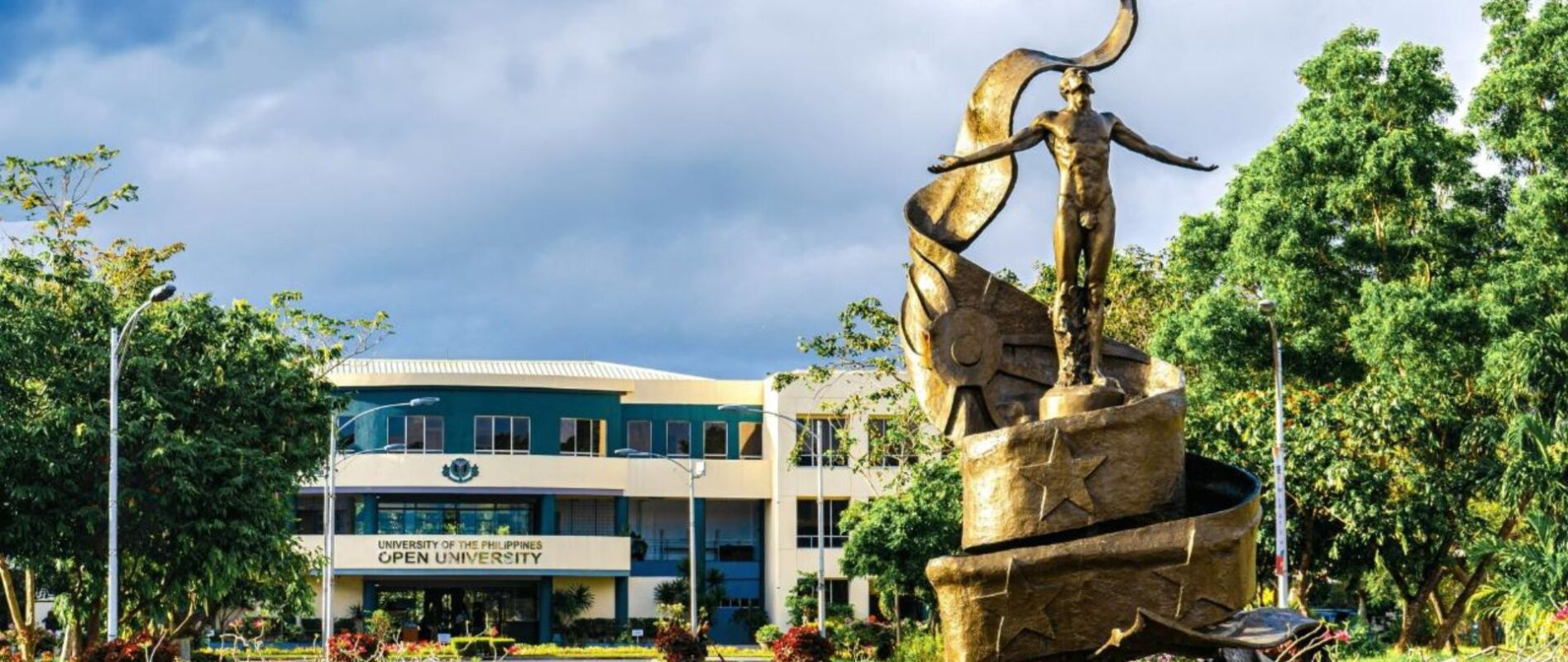LIBRENG ALMUSAL PROGRAM TO BOOST STUDENTS’ MATH, SCIENCE PERFORMANCE BY DOUBLE DIGITS — FORMER LAWMAKER
FORMER senator and current senatorial candidate Kiko Pangilinan is advocating for a “Libreng Almusal” program for Kinder to Senior High School students in public schools, citing data that shows feeding programs help reduce dropout rates and significantly improve students’ learning capacity.
Pangilinan emphasized the importance of implementing a school feeding program as it fosters a more conducive learning environment.
“Kapag nagawa po natin ito, maliwanag ang datos. Kapag ang paaralan na pinag-aralan nila merong school meals program, mas mababa nang halos 30 porsyento ang dropout, mas mataas nang double digit ‘yung learning, yung kakayahan sa Math and Science dahil ‘yung pagkain ay nagbibigay ng dagdag na environment conducive to learning,” he said.
A key element in his proposal is the decentralization of the program’s implementation.
“Ang partner ang LGU dahil hindi pwedeng centralized ito. Kailangan localized ang implementation para talaga maging epektibo,” he stressed.
Pangilinan previously explained that while government feeding programs do exist, most are centralized, with supplies sourced from Metro Manila—often resulting in food wastage.
To align the free breakfast program with his landmark Sagip Saka Act—which allows the national and local governments to buy directly from farmers and fisherfolk—the former senator is pushing for a provision that will require LGUs to procure food from their own communities.
“Kalahati nung ihahain na almusal ay bibilhin sa mga lokal na magsasaka at mangingisda para sariwa, para maayos, para masustansya,” he said.
He added that this would not only ensure nutritious meals for students, but also empower local farmers and fisherfolk by giving them direct access to government markets—boosting their income and encouraging greater productivity.
A 2024 study by the International Journal of Multidisciplinary Research and Analysis on the impact of school feeding programs at San Gabriel Elementary School in Borongan City found that such initiatives had a significant positive effect on both nutritional support and reading performance. The study also noted a strong correlation between effective program management and improvement in pupils’ reading skills.
Meanwhile, the State of School-Feeding Worldwide Report, as cited by the World Food Program, also highlighted that school feeding programs help keep children in school, enhance their ability to learn, and support their overall health.














